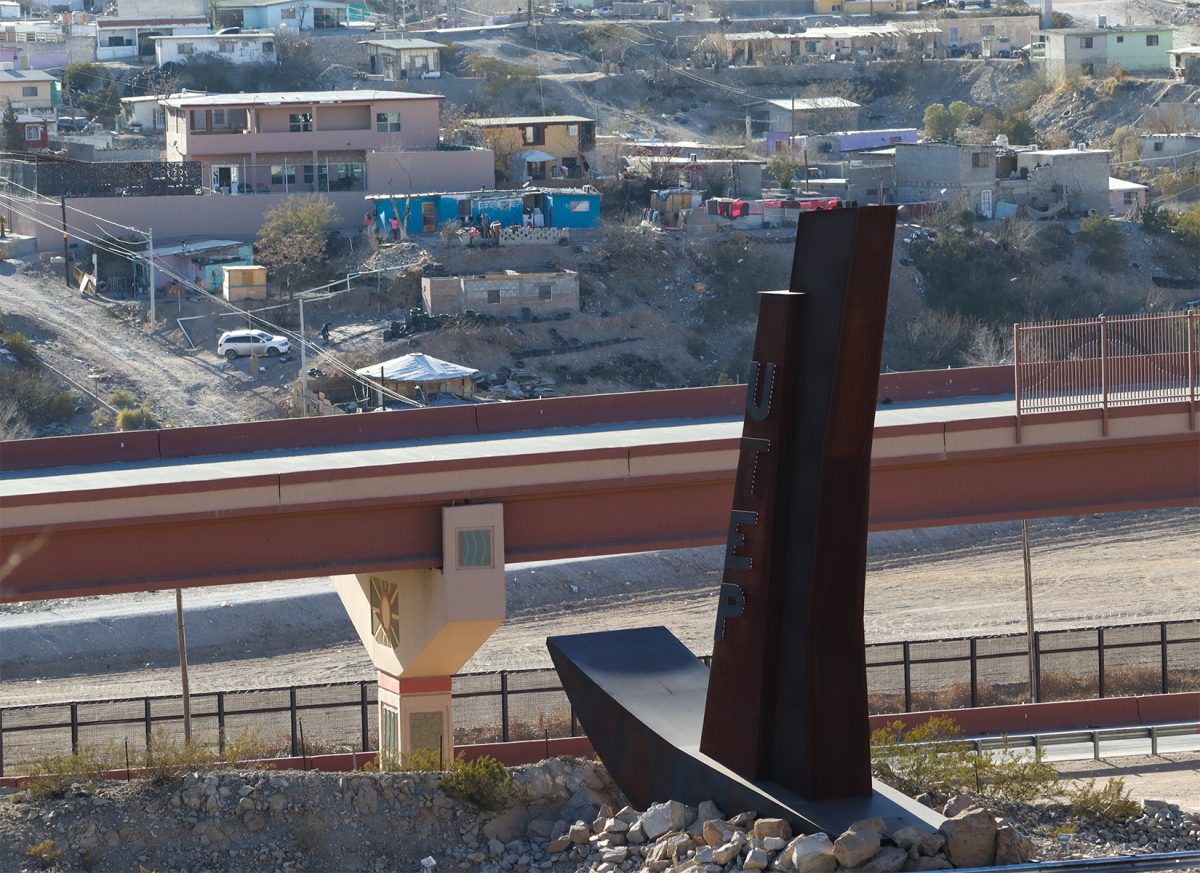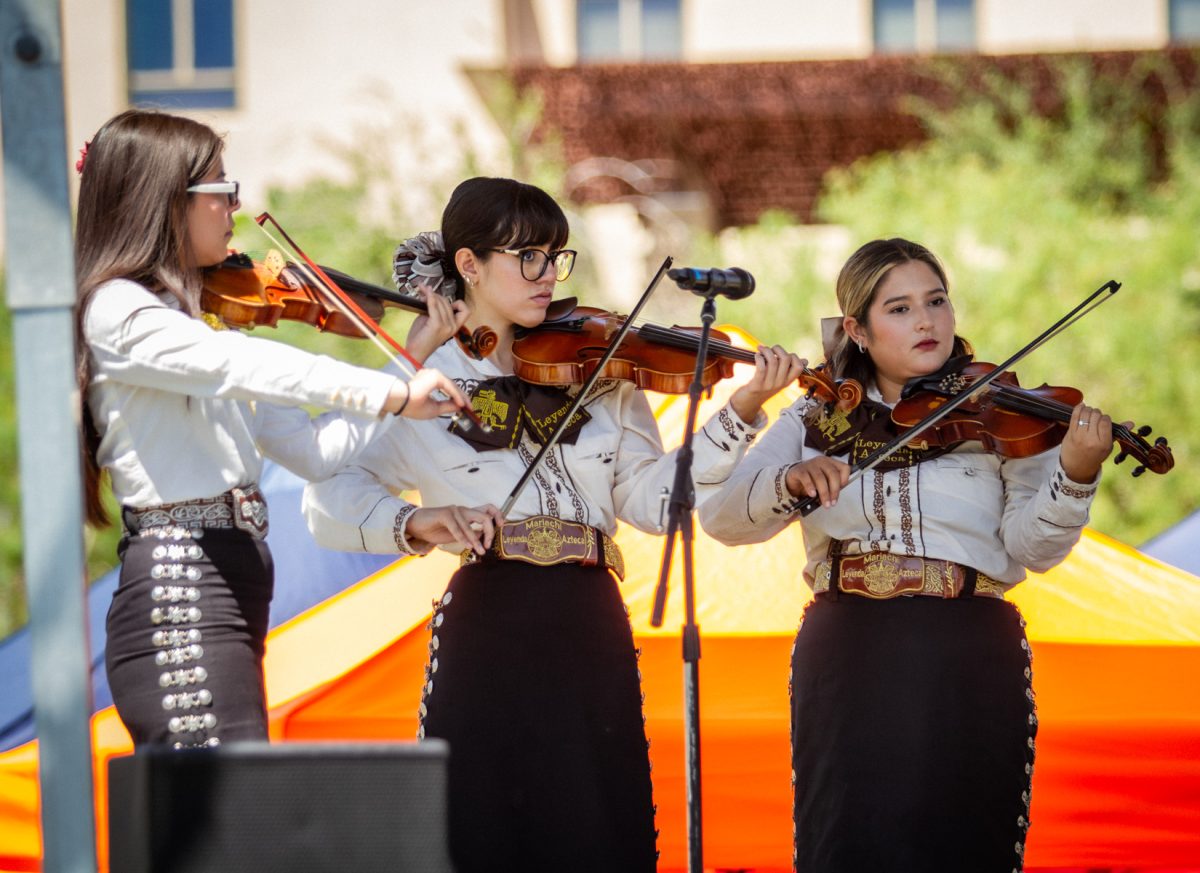Itzel Ayala crosses the bridge to Ciudad Juárez, Mexico every Friday to visit family. She says traveling by car can take anywhere from 30 minutes to three hours. To Ayala, crossing can sometimes be exhausting because of how travel times fluctuate. This is a reality for many UTEP students. Located close to the border, some UTEP students either moved to study here, but still visit family, or live in Ciudad Juárez and commute every day.
While crossing the border every day is a norm for some, some students say there are disadvantages to living a cross-country life. Ayala says that at times, her identity can look blurry.
“I think a lot of us can relate to this, there comes a point when you’re too Mexican to be American, but you’re too American to be considered Mexican,” Ayala said. “Even your family notices that and you’re like an outcast I guess, you don’t know where to fit, you’re just stuck in the middle between these two places.”
Although she has a disconnect from her identity, Ayala says that UTEP provides opportunities that she wouldn’t find in Ciudad Juárez.
“I don’t think I’m going to move back, I lived most of my life in Juárez, I lived there until I was nine, so I was raised there,” Ayala said. “My roots are Mexican everything’s Mexican about me, but the (United States) has brought me a lot of opportunities that I know I wouldn’t get in Mexico, and as sad that sounds, it’s a reality.”
UTEP student Camila Thome also crosses the bridge to Ciudad Juárez every day to attend classes, and while she mainly crosses by car, walking is a mode of transportation that has its pitfalls for her.
“You get tired sometimes, especially when I used to cross walking,” Thome said. “The lines could get like up to an hour and then going back to your house, it’s really boring.”
Students who go between the two countries say they notice the good and bad differences. Thome, for example, feels that El Paso citizens and the UTEP community are welcoming.
“There are all kinds of people out there, people are nice in both places, and I feel like especially here, people are more understanding that there’s people from different places here in El Paso, so they don’t make you feel different,” Thome said.
Ayala, on the other hand, notices the influx in poverty in Ciudad Juárez, but at the same time, feels the mood is happier across the border.
“You do see a lot of homeless people here, but it’s mainly based on the central part of El Paso, in Juárez it’s everywhere,” Ayala said. “You have children like selling stuff at the (traffic) lights but also everything just seems much happier in Juárez. Even though there is much more poverty, there’s a lot of people and there’s a lot of kindness and we don’t have that culture over here.”
Ayala and Thome are just a couple of many examples of a UTEP students’ experience when it comes to crossing the border and being a student.
Although many agree that crossing times are sometimes inconvenient, being able to experience life within two countries is something special. Being in the midst of a border town, Students say UTEP helps harbor a rich culture within the student population, welcoming students from all over.
Sofia Sierra is the web and copy editor and may be reached at [email protected]








